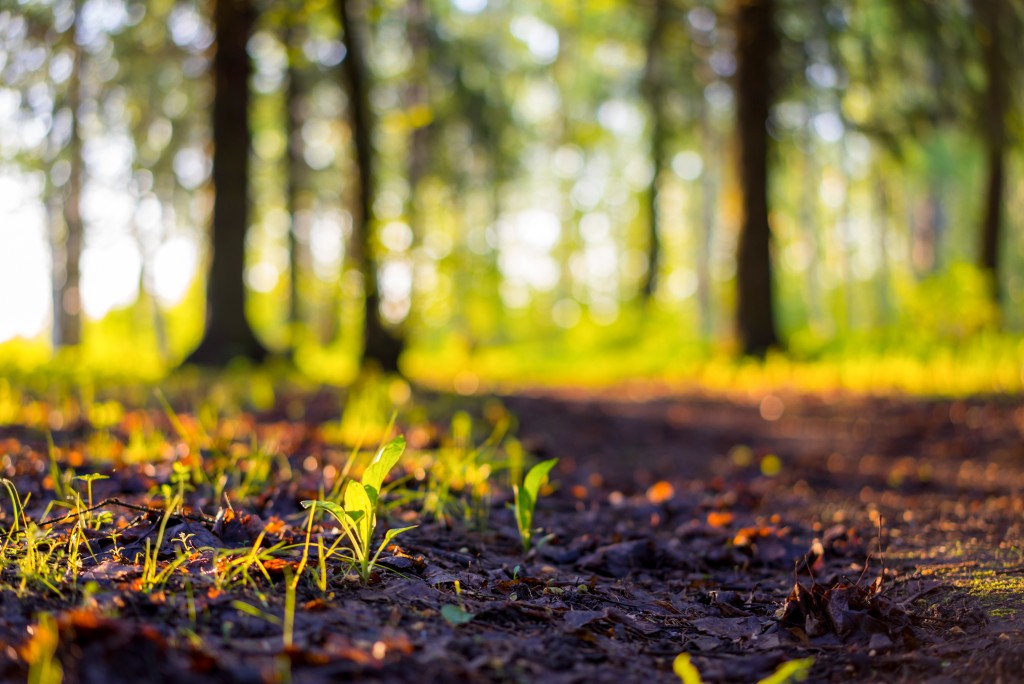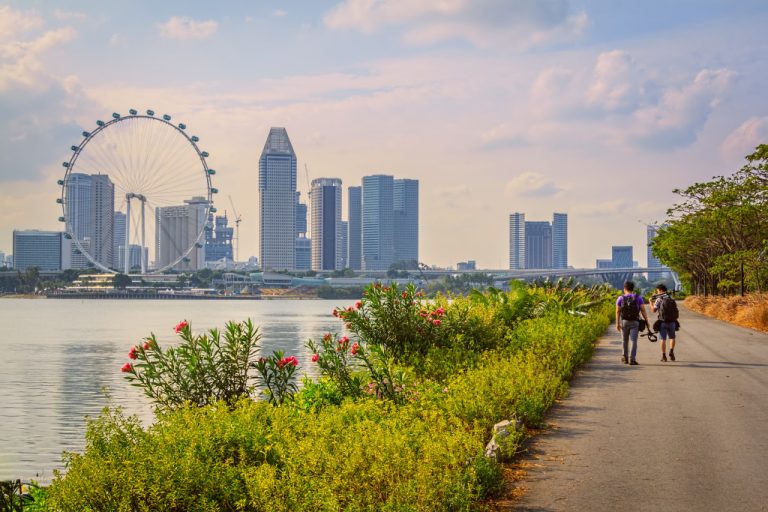Structural expansion and development are designed to improve the quality of our lives. But they can also have a significant impact on the environment, and the damage is just becoming more evident as the years pass. It’s not too late. If we start today, we can still make a difference and preserve nature. Here’s how:
Print less
Undoubtedly, papers are essential in schools and the biggest industries. They remain to be an efficient way to keep copies of important information. But did you know that paper production accounts for 14% of deforestation? That is equivalent to 4.1 hectares of forest each year. So we should seriously consider reducing paper usage. By maximizing the use of paper, switching to digital receipts, and using cloth napkins, you can give back to the environment.
If you are a business owner, start off by going paperless in the office. Instead of printing copies of financial statements, consider digital or electronic software. And rather than printing flyers and newspapers, take advantage of the rapid growth of mobile technology, and use animated promotional videos for marketing campaigns.
Consider reusable bags
Once sent to the landfills, plastic bags end up in the ocean. This disturbs marine life. Sea creatures often get suffocated and entangled with plastic bags when they mistake them for prey, and their stomachs filled with plastic waste say it all. By using reusable bags when going to the market, you can significantly reduce the number of plastic waste produced every day. In case you forget to bring one, just put the items in your bag, if they fit in. It can save you a couple of bucks while preserving Mother Nature.
Recycle
Recycling doesn’t only conserve the environment; it can also be an extra income. Sadly, it remains to be a concern for most people. Despite the instruction to separate biodegradable and non-biodegradable, residents still mix them together.
Make a difference by having separate bins for cans, bottles, and leftover food. The bottles can be taken to a junk shop for recycling. There are also garbage disposal companies that pay for bottles or cans. You can sell them there, too. Just check out if there’s one near your place. If you are into gardening, make use of bottles to grow plants. Then instead of disposing of the biodegradable materials, utilize them by using them as fertilizer.
Use refillable containers
60 million plastic bottles end up in landfills each year, and it takes 1,000 years before they decompose. That is equal to 30 generations! Can you imagine? Generations have already come and go, but the plastic bottles barely decompose. So start using reusable containers today! More cafes and restaurants are starting to support this campaign by giving discounts to customers.
Save electricity

By doing so, you can reduce the fumes released in the air. Fumes consist of toxic particles such as sulfur oxides and carbon dioxide, which are the primary culprits behind greenhouse effects. This results in a warmer climate, high sea levels, and ice melt in the Antarctic. It affects our health and also threatens creatures who find shelters on ice, such as Polar bears. Consume less power by unplugging appliances that are not in use. Studies show that appliances that are plugged in still draw electricity even when they are turned off. This is commonly referred to as “vampires.” So when you’re going out, avoid leaving devices connected to the outlet.
Conserve water
Did you know that there are people who haven’t experienced tap water all their lives? When you visit Eritrea, Papua New Guinea, Uganda, and Ethiopia, you will realize how fortunate we are for having an abundant supply of clean water. Sadly, many abuse that privilege. Research shows that an average person wastes 30 gallons of water a day without them knowing it. Leaky faucets and damaged pipes contribute to it. This prevents the water from seeping back to the ground, resulting in dry soil and a limited supply of water. Always remember to turn off the faucet when not in use, and install a water collection system to conserve water.
Walk more
If the place you are going to is just nearby, consider walking instead of using your car. The smoke from exhaust also contributes to greenhouse effects. In fact, they are responsible for 1/3 of air pollution worldwide. By walking more and driving less, you can minimize carbon dioxide emissions and improve your overall health.
Sometimes it’s the small changes that count. So start making a difference today and conserve nature in your own little way!






